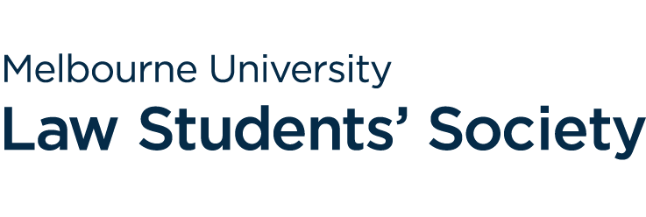|
ANNA BELGIORNO-NETTIS Online on Thursday, 7 April 2016; Printed in Volume 9, Issue 6 Is it surprising that lawyers are seen as one of the least trusted professions? According to Roy Morgan’s 2015 survey, only 31% of Australians rated lawyers as the most ethical and honest profession. Compare that to nurses at 92%, which makes them Australia’s most ethical and honest profession for 21 years. What is perhaps less surprising, although just as concerning, is our politicians’ rating. State and Federal MPs were rated at only 14% and 13% respectively. That’s better than car salesmen (who, at 4%, have been Australia’s least trusted profession in over 30 years). But that isn’t saying much. When do people mistrust a profession? Mistrust is likely to arise when a profession does not achieve the purpose for which it was established. This suggests that politicians are not achieving their professional purpose: of representing (acting and speaking on behalf of) their constituents. Failure to genuinely represent doesn’t only arise in national and state MPs. As highlighted in last year’s article on the Melbourne University Law Students’ Society (MULSS) survey, it’s an issue in student politics too. 20% of the survey’s respondents did not vote in the 2014 MULSS Elections partly because they felt the MULSS Committee was neither inclusive nor representative of the cohort. Since the MULSS Committee, of which I am President, is the official representative body of all JD students, that’s a problem. We have tried to fix it in various ways, including: - Online voting, which has increased the number of JD students voting in MULSS Elections; - A greater focus on policy in MULSS campaigns through initiatives such as the De Minimis Election profiles; and - well-publicised information sessions and position descriptions for MULSS Elections, to ensure every JD student knows they can run for Committee. There is still more we can and want to do to include your considered opinions in MULSS decision-making, particularly in the motions at our monthly Committee Meetings. These motions are the major non-financial proposals that the Committee deliberates and votes on. Examples include our Social Media Policy, our Marriage Equality Statement and our Recommendations to the Law Institute of Victoria’s Clerkship and Traineeship Guidelines. We deliberate and draft these motions thoughtfully. But there is always the chance that we miss a valid student perspective on a motion because we don’t have certain voices in the room. Hearing those, your, valid perspectives could do wonders to help us make the decisions that you want, and make our MULSS inclusive and representative at a whole new level. At the last Committee Meeting, the MULSS agreed to trial an idea that might help us come closer to that “whole new level”. On Monday April 11, we will be uploading onto this page of our website (and flagging in the JD Facebook groups): - An agenda detailing all the proposed motions for our next Committee Meeting on April 18; and - A feedback form asking for your comments for or against any of those motions. The form will remain open until Sunday April 17 at 5pm. The MULSS has agreed to: - supply the details for each motion, explaining why the motion is being proposed and what issue it is trying to solve; - collate all your comments into points for or against a particular motion, highlighting if certain points are raised by numerous commentators; - take these comments seriously. They will be presented at that April 18 meeting before any other Committee deliberation; and - allow any JD student to access meeting minutes by emailing [email protected], in order to see how student comments were addressed or otherwise. What we need from you is: - your student number, so that Faculty can confirm you are a JD student, but you will remain anonymous to all MULSS members; and - your considered opinion. We need you to take this just as seriously as we are. In order to maintain a productive and structured process, opinions that are over 50 words, or that do not raise points for or against the motion in question will not be considered. Finally, it is important to stress: this idea is a trial. It will run for three meetings, but may be shortened or extended depending on whether the trial meets its objective: to make the MULSS decision-making process more transparent, engaged and representative. I am so looking forward to hearing your comments. We need to get as far away from those car salesmen as possible. Anna Belgiorno-Nettis is a third-year JD student and President of the MULSS. The rest of this week’s issue of De Minimis:
More De Minimis - other articles like this: Comments are closed.
|
Archives
October 2022
|



